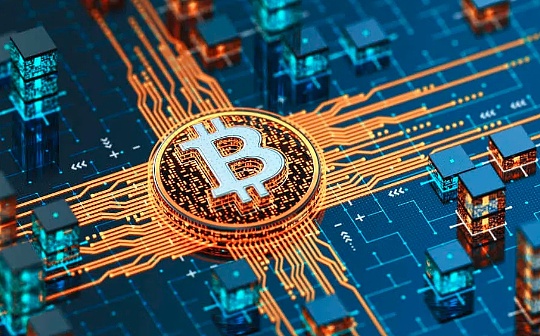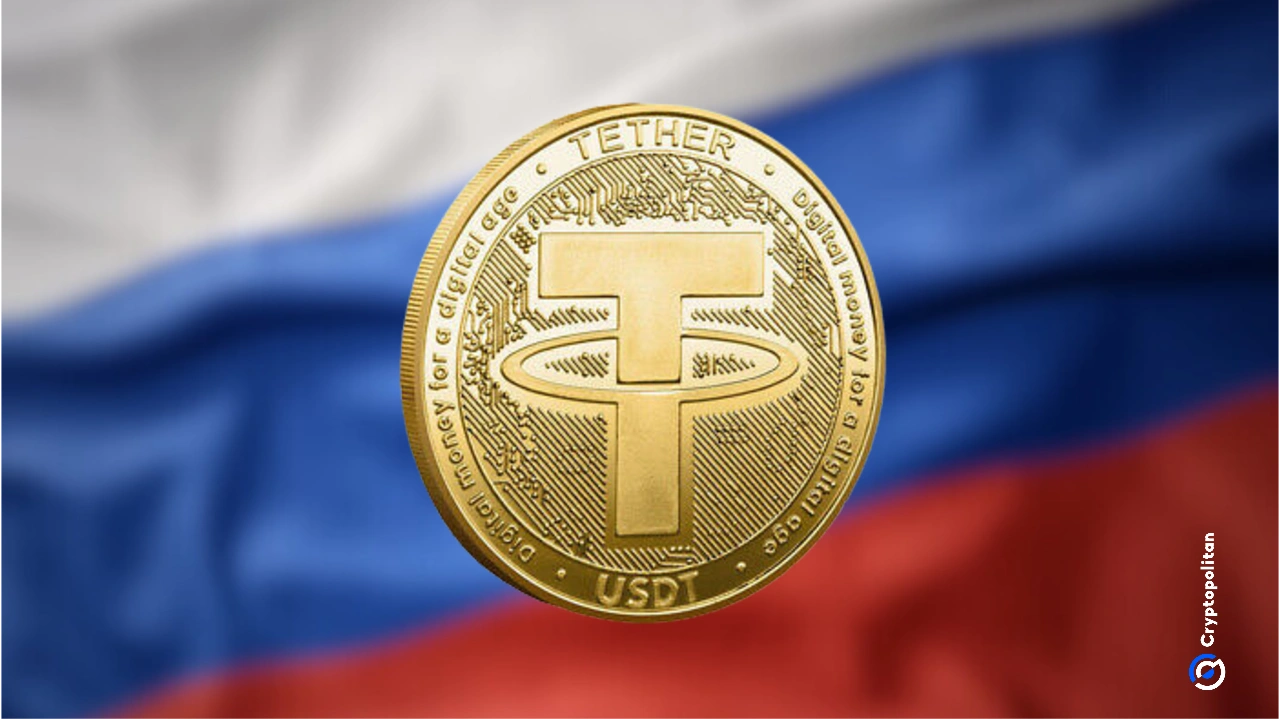Imagine that your cryptocurrency, which should flow smoothly, suddenly gets "frozen." What does it mean? In the world of blockchain, the freezing of funds isn't an everyday occurrence, but it has its unique causes and handling methods. Whether you're a seasoned investor or a newcomer to the field, understanding the mechanisms of fund freezing and the reasons behind it will make you more adept at navigating this intricate landscape of digital assets. Today, let's unveil the mystery of "freezing" and take a closer look.
1. What is Freezing Cryptocurrency?
Simply put, the freezing of cryptocurrency refers to circumstances in which digital assets in certain addresses or accounts cannot be transferred or traded. This freezing status can be temporary or permanent, depending on its cause and resolution mechanisms. To understand this process, we first need to clarify the typical scenarios of freezing.
Types of Freezing
Smart Contract Freezing: This type of freezing usually occurs on decentralized finance (DeFi) platforms. For example, if a contract detects a user attempting to conduct an anomalous transaction, it may automatically trigger a freezing mechanism to halt the transaction.
Exchanges Freezing for User Protection: Many centralized exchanges will automatically freeze accounts involved in suspicious activities to prevent fraud or money laundering.
Legal and Compliance Freezing: In some situations, regulatory authorities may request exchanges or wallet service providers to freeze specific addresses or accounts to assist in investigations or legal enforcement.

Purpose of Freezing
The main purposes of freezing funds typically include:
Protecting Investor Funds: By freezing suspicious activities, funds can be safeguarded against loss.
Maintaining Market Order: Freezing suspicious or anomalous transactions can help preserve overall market health.
Compliance with Regulations: As regulatory policies gradually improve, many trading platforms are required to comply with relevant laws, which may involve freezing related accounts.
2. How to Freeze Cryptocurrency on the Blockchain?
Although the term "freeze" may sound complex, executing it on the blockchain is relatively straightforward. It primarily relies on the design of smart contracts and decentralized applications (DApps). If you are a developer looking to implement a freezing mechanism, you can follow these steps:
Designing a Smart Contract
A smart contract is a computer program that automatically executes, controls, and documents legal events and actions. Developers can incorporate freezing functionality within the contracts, such as:
Setting Freezing Conditions: Defining explicit conditions in the contract, such as during anomalous transactions or when a user is reported.
Invoking the Freeze Function: Once the conditions are triggered, the smart contract will automatically invoke the freeze function, transferring the funds to a pending account or halting the transaction entirely.

Deploying the Contract and Monitoring
Once a smart contract is deployed, it needs ongoing monitoring to ensure that it operates correctly and can effectively perform freezing actions.
Real-Time Monitoring: Use blockchain data monitoring tools to track the execution of the contract in real time, responding promptly to errors or anomalies.
Compliance Review: Ensure that the contract meets regulatory requirements to prevent legal issues that could lead to freezing.
3. Why Does Fund Freezing Happen?
When we transact on the blockchain, we may encounter situations where funds are frozen. Understanding the reasons behind freezing is vital. Here are some common reasons:
Security Concerns
When suspicious transactions are detected, exchanges or smart contracts may implement freezing procedures to protect user wallets.
Anti-Money Laundering (AML) Regulations: Many countries and regions enforce stringent anti-money laundering policies for cryptocurrencies, requiring transaction and user identity verification. If users fail to pass this verification, their funds may be frozen.
Triggering Contract Terms
As mentioned earlier, smart contracts can be designed to automatically freeze assets when specific conditions are triggered. This design sometimes aims to protect both parties' rights in a contract but can also lead to unexpected freezing events.
Legal Requirements
If a specific address is accused of involvement in money laundering, fraud, or other criminal activities, law enforcement may request exchanges or cryptocurrency wallets to freeze that address's assets to facilitate investigations.

4. How to Address Frozen Funds?
If your cryptocurrency is frozen for any reason, here are some potential measures you can take:
If your funds are frozen on an exchange or wallet service, reach out to their support team promptly to understand the specific reasons for freezing and inquire about how to resolve the situation.
When communicating with customer service, prepare relevant information, such as account details and any evidence of the legitimacy of your funds, to facilitate a quick and efficient resolution.
If the freezing situation is complex or involves allegations of fraud, you may need to seek professional legal help to protect your rights.
While your funds are frozen, it is crucial to strengthen security measures for the future. Ensuring that your account is protected with two-factor authentication and other security features can reduce the risk of malicious actions.
Conclusion: Stay Vigilant in the Blockchain World
While blockchain offers unprecedented transparency and efficiency, the issue of funds management and freezing can confuse many investors. In this field, understanding the mechanisms, reasons, and procedures related to cryptocurrency freezing will help you remain calm and rational in your future investment journeys. Moreover, staying informed about market and technological developments will keep you at the forefront of the rapidly changing cryptocurrency world. I hope today's discussion provides you with some valuable insights. If you have any questions or wish to explore further, feel free to leave a comment for me to interact with!
















No comments yet